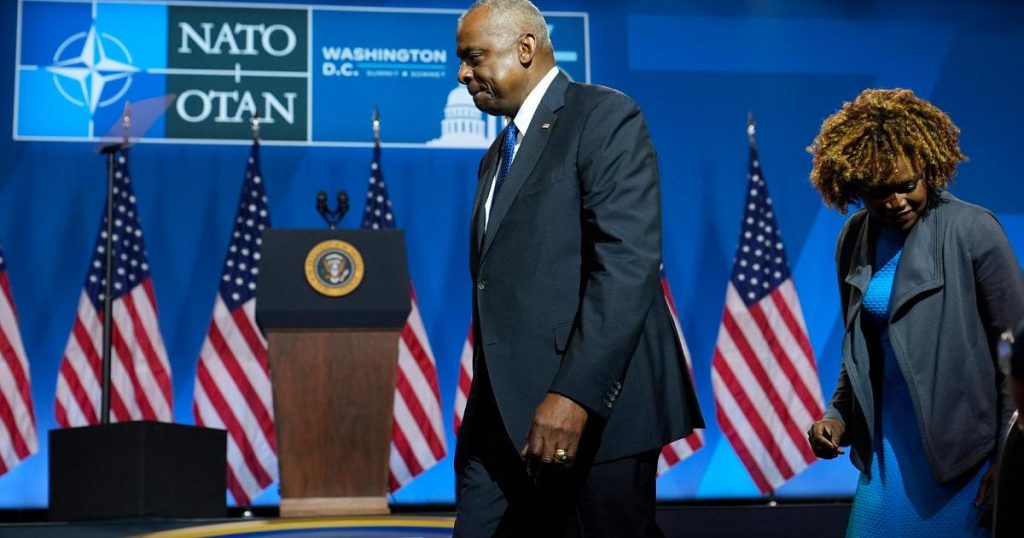The climate of a highly charged election campaign and strong protests from Republican family members of the victims of the September 11 attacks have caused the plea deal with the mastermind of the 9/11 attacks, Khalid Sheikh Mohammed, and two of his accomplices to fall through. The agreement, which included a halt to the death penalty if the three signed a guilty plea, was first contested and then nullified by the U.S. Secretary of Defense Lloyd Austin. Khalid Sheikh Mohammed, the alleged mastermind of the 9/11 attacks, was captured during a raid in Pakistan on March 1, 2003.
As his first decision, Austin removed the military official who had facilitated the agreement from the case due to his decision to eliminate the death penalty as a possible punishment. “I have determined that, given the importance of the decision to enter into pretrial agreements with accused, the responsibility for making such decisions should lie with me,” Austin stated in a memorandum addressed to Susan Escallier, who oversees the Guantanamo Bay military tribunal. Consequently, through the letter, Austin decided to “withdraw from the three pretrial agreements you signed on July 31, 2024, in the above-mentioned case,” as stated in the memorandum, referring to Khalid Sheikh Mohammed and two alleged accomplices. With the agreement now cancelled, the three individuals are once again at risk of facing the death penalty.
The decision to rescind the plea deal has sparked controversy and criticism from various parties involved in the case. The families of the September 11 victims who have been seeking closure through the judicial process have expressed disappointment and frustration over the turn of events. The repeal of the agreement has also brought into question the future path of the trial and whether the death penalty will be pursued as a potential punishment for Khalid Sheikh Mohammed and his co-defendants. The complex legal and moral implications of the case continue to be debated, with differing opinions on the appropriate course of action moving forward.
The political implications of the decision to cancel the plea deal have added another layer of complexity to an already contentious issue. With the upcoming elections looming, the handling of high-profile cases such as the trial of Khalid Sheikh Mohammed becomes a subject of scrutiny and debate among politicians and the public. The involvement of the families of the 9/11 victims in the legal proceedings further complicates the situation, as their desires for justice and closure clash with the legal requirements and procedures of the trial. The decision to reinstate the potential for the death penalty has reignited discussions around the morality and effectiveness of capital punishment in cases of terrorism and mass violence.
Moving forward, the trial of Khalid Sheikh Mohammed and his alleged accomplices is likely to face further delays and complexities due to the cancellation of the plea deal. The legal proceedings at Guantanamo Bay will continue to be closely watched by the public, the media, and legal experts for any developments or changes in the case. The decision to pursue the death penalty for the defendants raises questions about the effectiveness of this form of punishment in deterring future acts of terrorism and bringing closure to the families of the victims. The fallout from the cancellation of the plea deal highlights the challenges and controversies surrounding high-profile terrorism trials and the broader debate on justice and accountability in cases of mass violence.


